Sunderland citizen becomes High Sheriff of Tyne and Wear
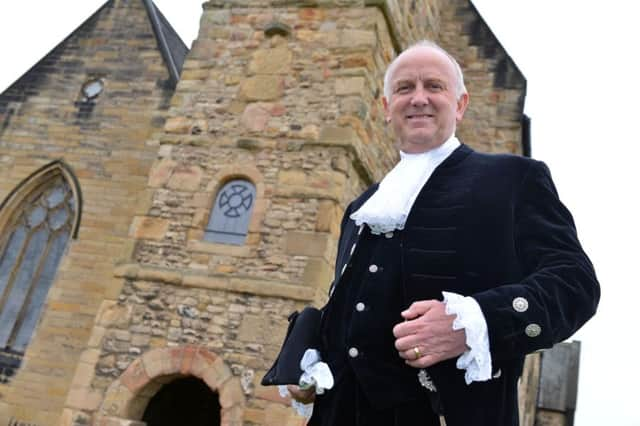

Prominent Sunderland citizen John Mowbray made his declaration as High Sheriff, a title which dates back 1,000 years, in front of mayors from the five districts which make up Tyne and Wear, as well as High Court judge Mr Justice Andrew Smith, Reverend Canon Sheila Bamber and representatives of the emergency services and public sector.
The dad-of-two from Fulwell, former director of corporate affairs at Northumbrian Water and a past president of the North East Chamber of Commerce, has taken on the high-profile role after receiving a warrant direct from the Queen’s Privy Council.
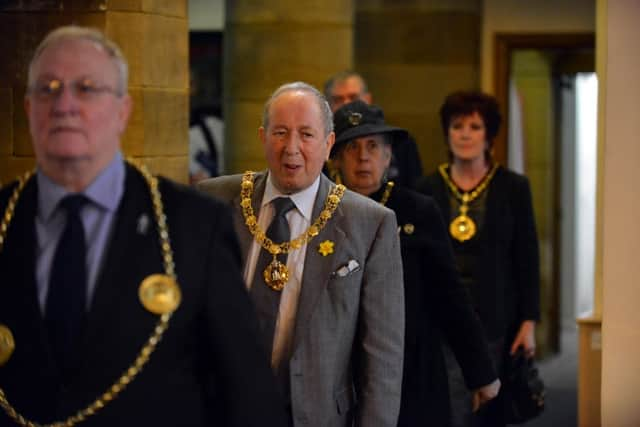

Advertisement
Hide AdAdvertisement
Hide AdJohn, who’s helping to steer cultural developments in the city through his roles as co-chairman of the North East Culture Partnership and as member of the MAC Trust, said: “It’s a great honour to walk through the seventh century doorway of this ancient church to receive a title that’s 1,000-years-old. It’s not often that there have been High Sheriffs from Sunderland and I felt very strongly about having the installation service here.
“I’m looking forward to a busy year.”
John, who started his working life as a porter in Joplings before embarking on a career in the water industry, chose to follow the installation with a gathering at National Glass Centre.
“I’ve lived my whole life in Sunderland, my grandfather worked on the shipyards that once stood here, and I could think of nowhere I’d rather hold this service,” said the grandfather-of-three.
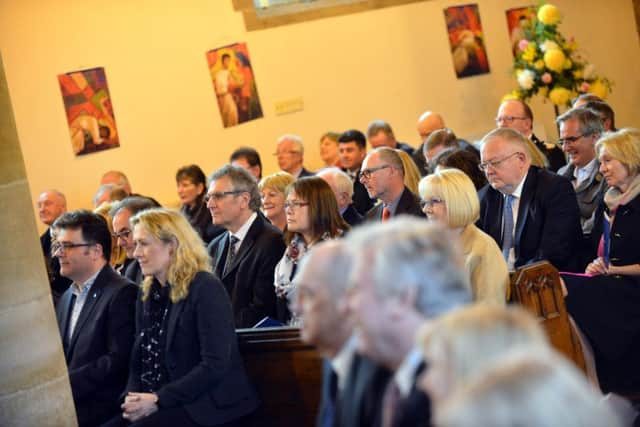

A title that predates the judiciary, the police and HMRC, the High Sheriff once had extensive powers including collecting taxes and presiding over courts.
Advertisement
Hide AdAdvertisement
Hide AdToday, there are 55 High Sheriffs in England and Wales whose role is to support the crown, the judiciary and emergency service, while also promoting the voluntary sector in their county.
John already sits on a number of charity boards, including being chairman of the Foundation of Light Development Board, and in 2012 was awarded an OBE for services to the water industry and charity.
He is already an Ambassador for the City of Sunderland and has been one of the leading figures in the forthcoming redevelopment of the Old Fire Station in High Street West into a multimillion pound arts and culture centre, which will be at the heart of a new Cultural Quarter.
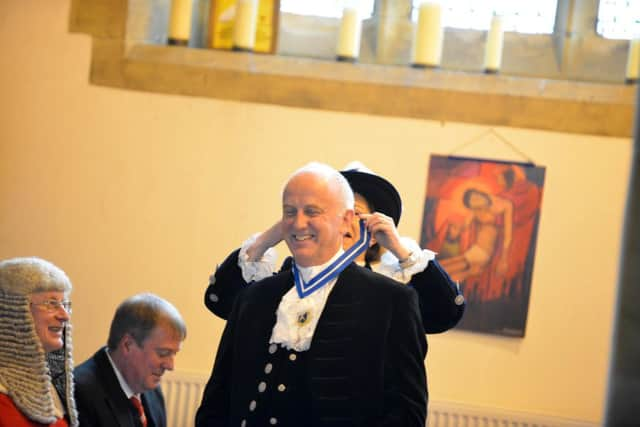

As well as supporting a number of charities in the next year, John has chosen to focus on helping boost literacy in North East schools in his new role.
What is a High Sheriff?
Advertisement
Hide AdAdvertisement
Hide AdThe Office of High Sheriff is an independent nonpolitical Royal appointment.
The principal formal duties of High Sheriffs today include attendance at royal visits in the County and support for Her Majesty’s High Court Judges when on Circuit.
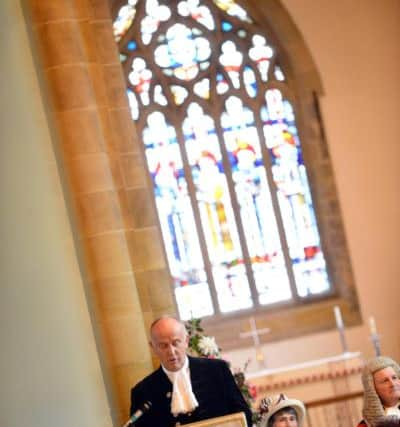

These days, however, High Sheriffs play an increasingly active and supportive role within their counties both in relation to the police and emergency services and in lending encouragement to public sector agencies such as the probation and prison services and to voluntary sector organisations involved in crime reduction and social cohesion.
Each High Sheriff will approach their year slightly differently depending on their particular skills, experience and their own areas of interest.
The key objectives of the role include:
Advertisement
Hide AdAdvertisement
Hide Ad•Lending support to the Royal Family, the judiciary, the police and other law enforcement agencies, the emergency services, local authorities, and church and faith groups.
•To ensure the welfare of visiting High Court Judges, to attend on them at court and to offer them hospitality
•To support the Lord-Lieutenant on royal visits and on other occasions as appropriate
•To take an active part in supporting and promoting the voluntary sector.